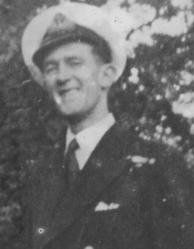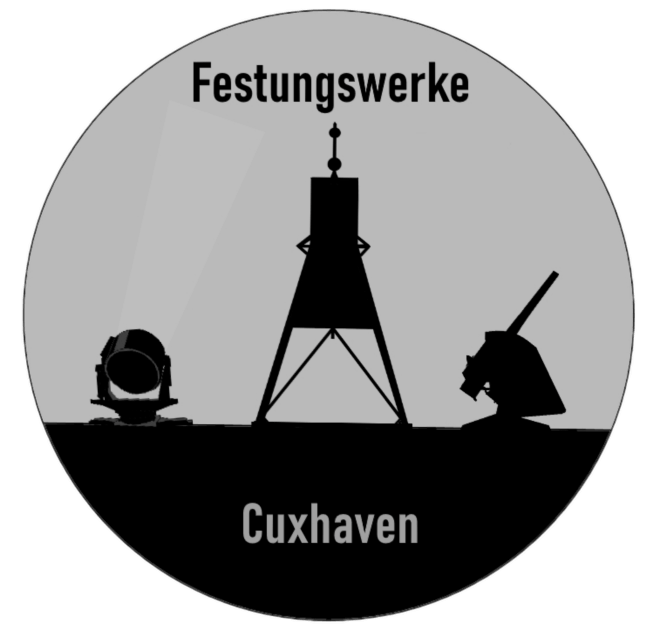Eyewitness report by Lieutenant Graham RouseRoyal Navy/Great Britain

After the German surrender we moved to Cuxhaven near Hamburg. Our job was to escort barges with SS troops that were being deported to Heligoland and forced to rebuild there. We had a nice old German pilot on board who always addressed me respectfully as "Kapitan". He was infinitely grateful for small gifts like coffee and cigarettes - I remember his delight in tasting our good Virginia tobacco and murmuring "Wonderful!". I also dealt with a German naval commander there (not a Nazi, I was sure of that) who gave me his traditional dagger in exchange for cigarettes when we left. I still have it. We were somewhat dependent on the German Navy to ensure that everything went smoothly in the port. However, it was a rule that the German officers (no matter how senior) had to salute the British officers (no matter how junior). I was horrified one day to see our American Fleet Air Arm observer Charlie leading a senior German officer along the quay at gunpoint. Apparently the German had assumed there was no need to salute a second lieutenant. Charlie, however, disagreed - had him arrested - and handed him over to the Army 'Town Major'. I suspect, however, that the offence was quickly glossed over. Cuxhaven was occupied by the 51st Highland Division, but their reconnaissance party used to be a very pukkah cavalry unit - all regular Army officers. We invited them on a trip to Heligoland, during which they unfortunately became extremely seasick. In revenge, they invited us on a horse riding trip. I am sure the horses were specially chosen or 'arrived'. Mine had an extremely tender mouth and could not be stopped once he started galloping. Having survived the war in Europe unscathed, I did not want to be maimed by a prank by the British Army. I decided to put safety before dignity and jumped into a hedge! In Cuxhaven I met a Dutch interpreter with the rank of captain in the 51st Highland Division. We were initially shocked when he spoke of the jewellery and valuables he had forced German civilians to hand over, but he justified this by pointing to the crimes the Germans had committed in his own country. It was the practice of the occupying forces to appoint an officer (not necessarily a major) as "town major" for the civilian population. In Cuxhaven the mayor required the civilian population to hand over all cars for officers. I was actually allocated a rather smart open car, which we sometimes drove up to the Atlantic Hotel in Hamburg. This was the main officers' mess, frequented by some senior army officers, who, in their old Humbers, looked askance at us young reserve officers in our impressive saloons!Source: https://www.bbc.co.uk/history/ww2peopleswar/stories/51/a3536651.shtmlPublication rights: https://www.bbc.co.uk/history/ww2peopleswar/about/siteinformation.shtml


